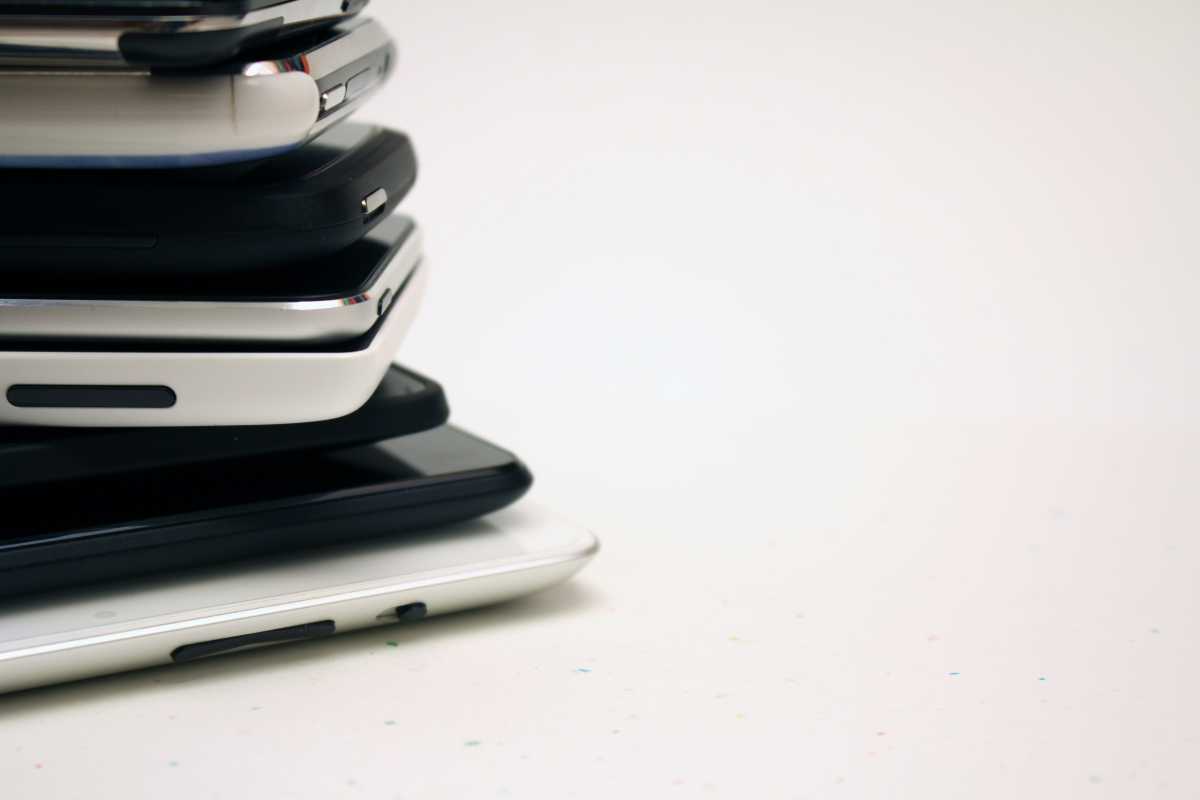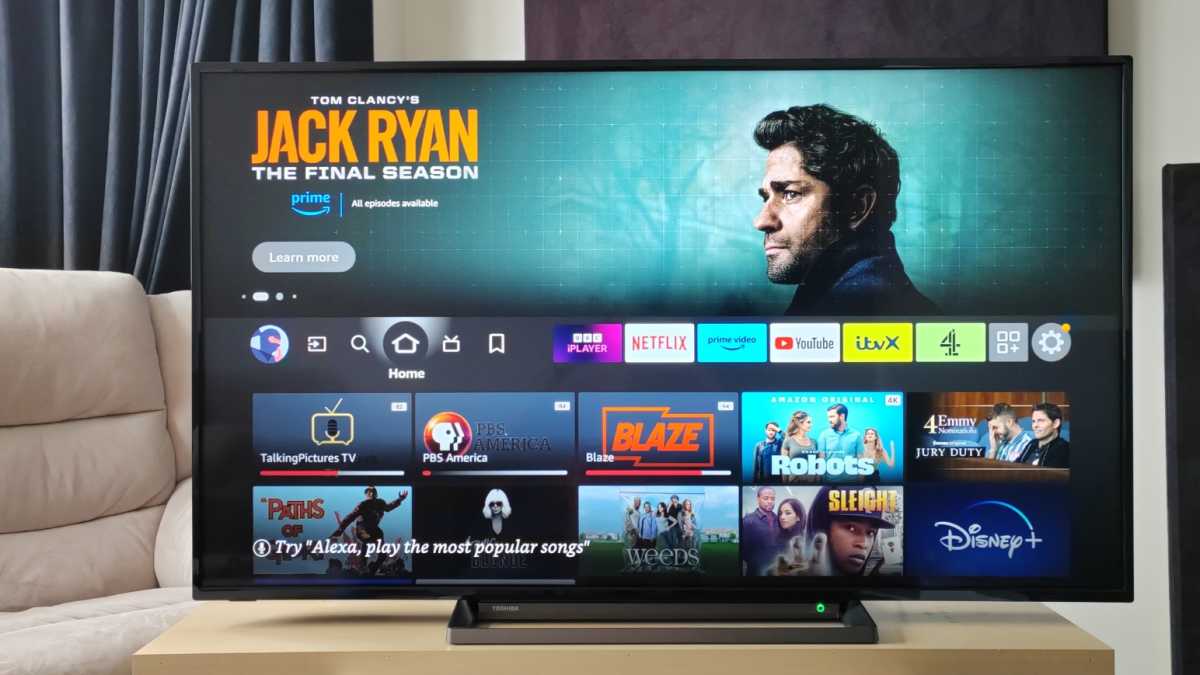Here’s the scene: I’m at the 2025 RSAC Conference, in a session about home network security. Some of it is complicated—layers designed to protect high-profile targets like CEOs from attacks. But even for us normies, you’ll end up spending time on necessary maintenance.
I’ve long accepted this as normal, even with the voluntary extras I’ve added to the process. (For example, the Pi-Hole on my home network helps block ads and tracking, but it also breaks some websites.)
Then the presenter, Jennifer (JJ) Minella of Viszen Security, casually mentioned something that surprised me: she improved her network security not by adding layers of tech, but by removing devices altogether.
At first, it sounds obvious. But for tech enthusiasts, paring down is counterintuitive—more devices usually means more fun, more control, more capability.

Hal Gatewood / Unsplash
After a month of trying on this philosophy, I’m a convert. You probably don’t have as much random tech lying around your house as I do. But I bet at minimum, you own a phone, laptop, modem, and router. Likely you also have a smart TV and/or a streaming device like a Chromecast, plus an old phone or tablet hanging around. For others, gaming consoles and/or gaming PCs also round out the lineup.
Each one of those devices should be kept up to date with security patches. Chances are, you’re not doing it. Meanwhile, those of us who do try to stay current have to set aside real time to keep the device roster in good shape.
So I’ve been asking myself these three questions:
- Is this useful?
- How often do I use it?
- Does it need to be online?
If the answer to question 1 is no, I’ve marked it for selling, donating, or recycling. Same if I barely use it. If I do use it often, then I determine if it needs to be online—because if it doesn’t, it reduces how urgently I need to keep patching it.

Steve May / Foundry
Currently, I’ve reduced my tech hoard by about 25 percent, and I’ll likely increase that number as I periodically revisit these questions. I’ve also taken some things offline that I barely use. For example:
- I don’t need multiple gaming PCs. I’m privileged as heck to have multiple, but keeping up to date with Windows updates is a chore. I’m keeping one and parting out the rest.
- My smart TV (“smart”) doesn’t need to be online. I hate the interface, for starters, and I’m wary of the TV manufacturer monitoring my habits. I can use my Xbox for this purpose instead. Or my laptop + an HDMI cable.
- Android security updates no longer reach my old tablet, and it also struggles with modern websites. I can use it with my internal-network-only smart home gear, though—so I’m keeping it for now, but am prepared to recycle it if I never get to installing the necessary apps.
I already feel lighter from going through this process. I’m sure I’ll have to work at building this habit, but having a smaller fleet to monitor makes me feel lighter. Freer. At the very least, I can put maintenance time toward projects I’ve always wanted to complete. (Hi, Plex server components lying in a corner.)
This articles is written by : Nermeen Nabil Khear Abdelmalak
All rights reserved to : USAGOLDMIES . www.usagoldmines.com
You can Enjoy surfing our website categories and read more content in many fields you may like .
Why USAGoldMines ?
USAGoldMines is a comprehensive website offering the latest in financial, crypto, and technical news. With specialized sections for each category, it provides readers with up-to-date market insights, investment trends, and technological advancements, making it a valuable resource for investors and enthusiasts in the fast-paced financial world.
